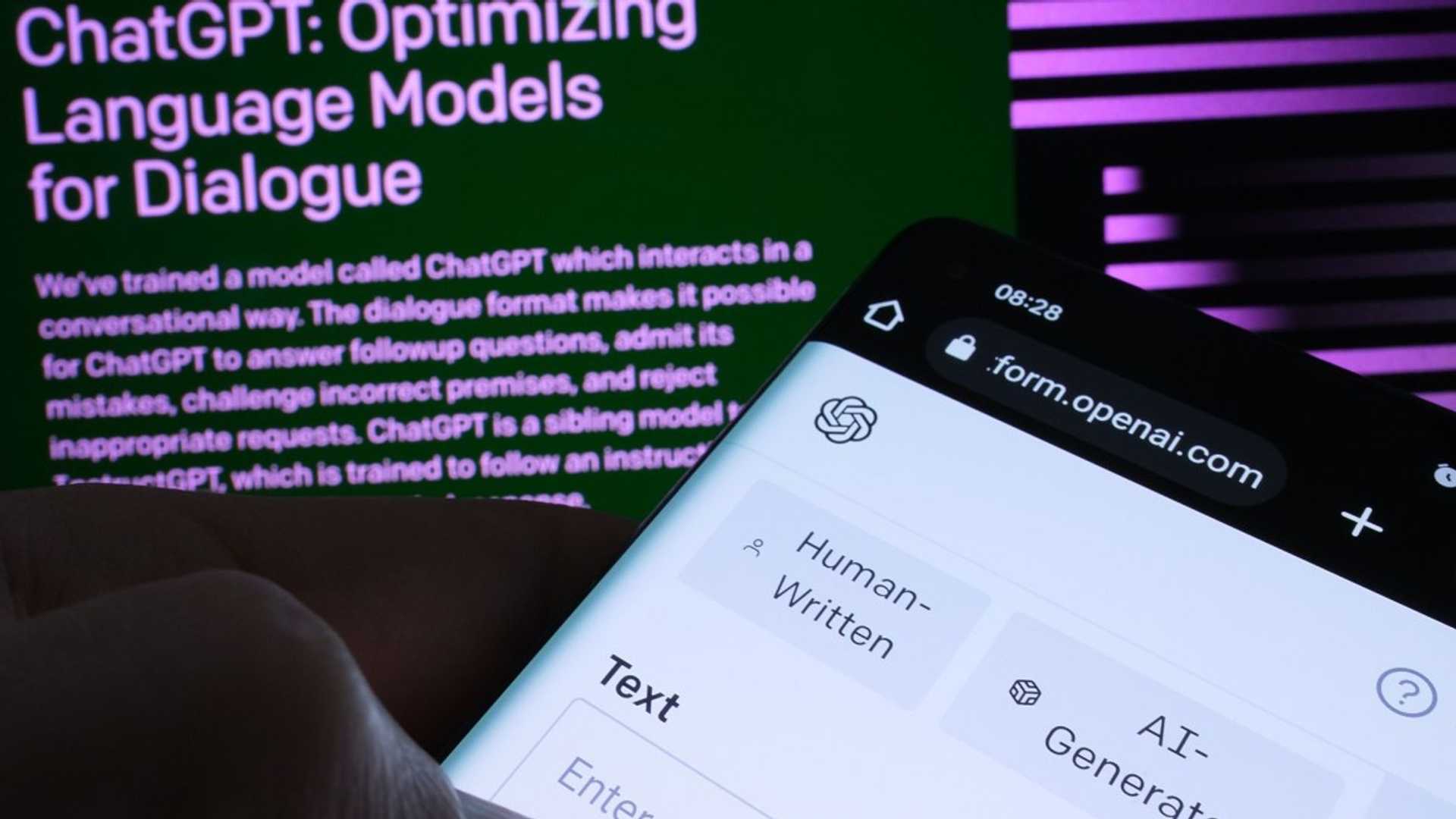Generative AI Takes Center Stage in Northwestern Faculty Webinar
Northwestern University’s Office of the Provost recently hosted a winter faculty webinar to discuss the implications of generative artificial intelligence technologies, such as ChatGPT for University culture. The webinar, attended by over 200 participants and featuring several guest speakers, aimed to address the questions, concerns, and opportunities associated with these emerging technologies and their potential impact on teaching, learning and faculty resources at Northwestern.
One of the highlights of the webinar was the announcement of the creation of the Generative AI Advisory Committee, which will provide counsel on an institutional approach to AI and promote coordination of best practices across Northwestern schools and units.
What is Generative AI and What Are Its Implications?
Different guest speakers offered insightful views on generative AI and its implications for academics, faculty resources and institutional policy. Here are the key takeaways:
1. “The notion that I can take a data set and make it understandable to everybody in very different ways is unbelievably exciting.”
Kristian Hammond, a Professor of Computer Science at Northwestern, spoke about how generative AI could help individuals understand data sets that are otherwise impenetrable for most people. With the ability to turn complex data sets into raw facts and then generate stories tailored to the needs of particular communities using a language model, the potential of generative AI for effective communication is immense.
2. “AI can help speed up generating certain types of communications, but it can't replace lawyers.”
Although artificial intelligence tools have recently passed law exams at major universities in the US, thereby raising questions about the potential impact of AI on legal education, Sarah Lawsky, a Professor of Law, is confident that AI cannot replace human attorneys in their entirety. While generative AI can streamline basic tasks such as generating questions for a deposition, or generating a first draft of a contract, Lawsky highlights that human input is essential in ensuring accuracy and the ethical implications of the decisions taken.
3. “Writing is a lot more than just a product.”
Elizabeth Lenaghan, the Director and Associate Professor of Instruction in the Cook Family Writing Program, highlighted the importance of a human approach to writing that requires a sense of feel to appreciate the quality of a piece. While AI can help improve grammar and syntax, and even suggest words that might be appropriate, it is limited in its ability to fully understand the nuances of writing, and how the creative process shapes the final product.
4. “This presents a unique opportunity for co-discovery with our students, a chance to underscore the value of lifelong learning.”
Jennifer Keys, the Senior Director of the Searle Center, emphasized how generative AI may offer a unique opportunity for co-discovery with both students and faculty, creating a chance to underscore the value of lifelong learning. While AI can help students and teachers understand complex data sets, Keys recommends that teachers must continue to encourage critical thinking skills in students, providing them with the tools to make informed decisions about when and how to use generative AI tools effectively.
As Northwestern University engages with AI technologies such as ChatGPT, these discussions underscore the need for multi-disciplinary collaborations and an interdisciplinary approach in grappling with these evolving technologies.




















